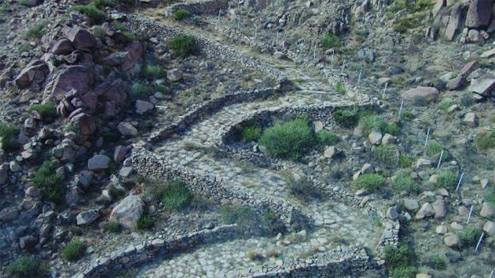It is becoming apparent that the issue of deliberate breaches in levees to save the lands of the rich and influential is growing rapidly in proportion and could have a devastating impact on the future chain of events. For weeks, flood-affected people in southern Punjab, in Sindh and in Balochistan have been expressing anger over alleged actions by feudal landlords which served to save their lands, while villages were flooded and hapless people lost crops, livestock and homes. A strong voice from within the PPP, that of PM’s Adviser Sardar Latif Khosa, has also joined those calling it a criminal act. A crime of this nature-for a crime is what it amounts to-should not be forgiven. On the request of the Punjab government, the Lahore High Court has opened an inquiry into the matter and an international dimension has emerged with Pakistan’s ambassador to the UN demanding a full-fledged inquiry.
Like so much else in Pakistan today, the matter relates to wrongs committed in the past. We are told that areas earmarked to absorb floods in the case of such a catastrophe had been gradually taken over by powerful landowners to expand their own, already vast agricultural holdings. It was to save these lands that the levees were breached. It seems quite obvious that there is a political dimension to this. The breaches could not have been made without assistance from the local administration, and in some cases at least a tacit nod from higher quarters. In Muzaffargarh, a clash has been reported over the issue between the army and administration. It is a good omen that the whole matter has begun to make bigger and bigger news. This is necessary if the culprits are to be brought to book and justice obtained for people whose voices are so rarely heard. The mounting pressure over the matter has led to Prime Minister Yusuf Raza Gilani ordering an inquiry. We do not know if much headway has been made so far; even though an investigation should not be difficult, because local people seem to have a very clear idea of where the responsibility lies. What is important also is for the matter to be explored beyond wrongdoing at the local level and to possible connections to the political hierarchy. The matter is too significant to be neglected, given the suffering it has caused and the contribution to the widespread devastation we see everywhere as people begin to return to scenes of enormous destruction.











